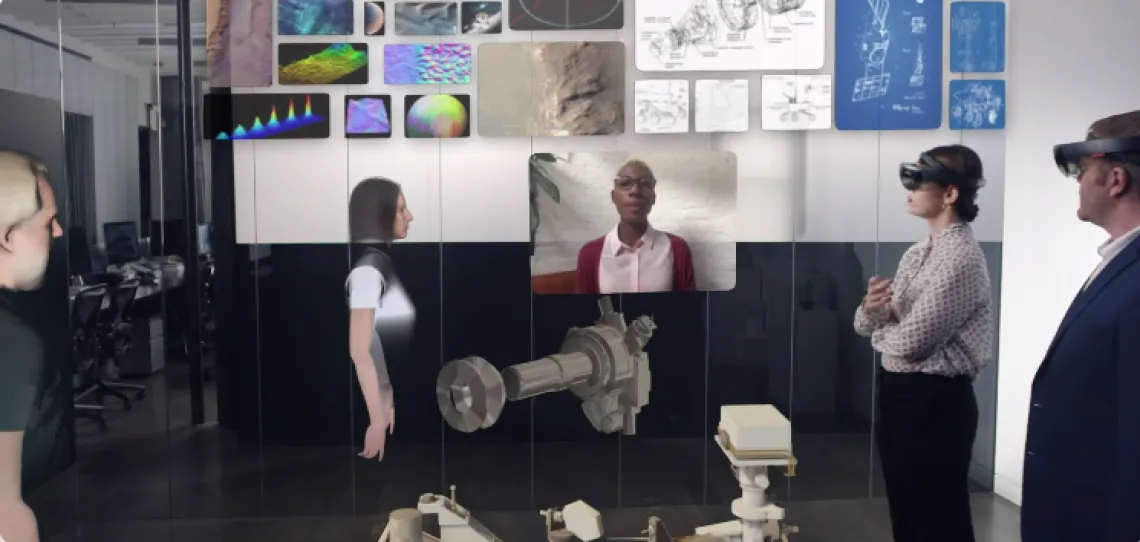Funding for Travel to Conferences during COVID

Hello Graduate Students,
Because the pandemic has pushed life online, the nature of conferences is changing. However, funding for conferences and opportunities to present your work are still available. Here are three ways that you can secure and maximize funding for travel to conferences during COVID.
(1) Use travel grants to pay for registration fees, membership dues, technology, and related expenses
Many academic programs are reimbursing conference fees and related presentation expenses for students attending virtual conferences.
- The College of Education is offering Virtual Conference Support: Graduate students enrolled part-time or full time in College of Education majors are eligible for support funds to participate in virtual professional conferences during this fiscal year (July 1-June 30) for registration fees and related fees associated with attending.
- The English Graduate Union Travel Fund will also cover virtual conference fees.
- Ask your Director of Graduate Studies or your Graduate Coordinator about potential changes to travel funding in your department.
For funds outside of one’s program, investigate the following opportunities:
- The Graduate & Professional Student Council Travel Grants provide up to $750.00 for conferences, including those held online.
- The Carter Travel Award offers a maximum of $600.00 for Graduate Interdisciplinary Programs students participating in national or international conferences.
- Connect with the professional agency where you aim to present your research.
(2) Design presentations with collaboration technologies for virtual participation
There are a plethora of platforms to enhance online interactions. Here are a few designed to improve collaboration, participant engagement, and memorable learning experiences.
- Zoom enhances small and whole group participation via breakout rooms and polls, where attendees can have small and whole group discussions.
- Spatial is another platform designed for collaborative meetings, as the host and attendees can interface in a virtual environment through VR/AR headsets and a phone/laptop camera.
- Rumii is a VR and web-based education platform suited to traditional paper/panel presentations, as this suite immerses participants in a digital meeting room that can screenshare presentations.
- Mural is helpful in workshops and round table discussions for its convenient diagram templates. Participants can discuss themes structured into diagram templates while tagging their own comments, questions, and concepts simultaneously.
If you would like to learn more about these technologies, contact the Center for Digital Humanities.
(3) Frame research in a way that addresses the impacts of COVID in your academic discipline
For some researchers, their research plans have continued with minor modifications during COVID. Other researchers have had to make major adjustments. But the world has and will continue to change; regardless of how COVID has influences your work, remember to take the current changes into account as you consider your research implications. Graduate students will be a central part of better understanding not only the direct medical or economic impacts of COVID, but the indirect social, psychological, educational, legal, and multi-level effects as well.
Written by Alex Kemp
To subscribe to the newsletter, send an email to list@list.arizona.edu (link sends e-mail) with "subscribe (or unsubscribe) gradfunding FirstName LastName" in the subject line. You may send opportunities for posting or questions to address to the newsletter editor, Shelley Hawthorne Smith (shellh@arizona.edu)

